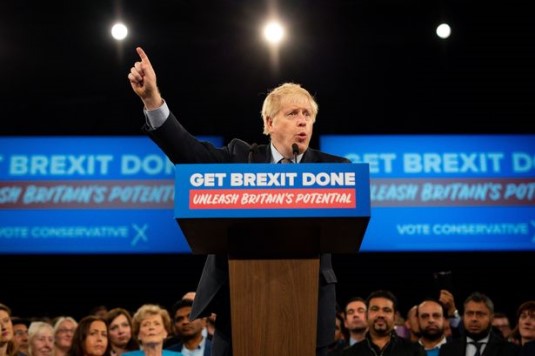
Party | Number of Candidates | Total Vote | % | +/- Q3 | +/- Q4 2018 | Average | +/- Seats |
Conservative | 77 | 97,054 | 38.7% | +8.0% | +6.5% | 1,260 | +3 |
Labour | 67 | 74,229 | 29.6% | +10.2% | -1.8% | 1,108 | -5 |
LibDem | 69 | 35,731 | 14.2% | -17.8% | -5.8% | 518 | +3 |
UKIP | 3 | 224 | 0.1% | -0.5% | -1.7% | 75 | 0 |
Green | 44 | 16,973 | 6.8% | +3.3% | +2.4% | 386 | +1 |
SNP* | 7 | 8,460 | 3.4% | -0.6% | +0.0% | 1,209 | 0 |
PC** | 6 | 1,787 | 0.7% | -0.4% | +0.7% | 298 | 0 |
Ind*** | 55 | 13,063 | 5.2% | +0.6% | -0.5% | 238 | -2 |
Other**** | 21 | 3,462 | 1.4% | -2.7% | -0.4% | 165 | 0 |
* There were seven by-elections in Scotland
** There were nine by-elections in Wales
*** There were nine Independent clashes
**** Others this quarter consisted of Blue Revolution (62), Brexit Party (168, 299), For Britain (70, 245), Holland on Sea & Eastcliff Matters (537), Liberal Party (420, 108), Patria (9, 12), Putting Cumbria First (67), Red Party of Scotland (9), Scottish Libertarian (16, 28), The Borough First (428), Tunbridge Wells Alliance (180), Women's Equality Party (40, 193, 16, 287, 268)
And so we go from a quarter in which the Liberal Democrats reigned supreme to a distant third. And yes, it was the general election that did them in. If you look at the pattern of voters over these last three months, what they told us about the then forthcoming general election was how solid the Tory vote was. By-elections at the local level are meaningless, so the psephologists and wiseacres say, but here they demonstrated movement and, until general election day, pointed to the splits in the anti-Tory vote persisting. And persist they did, albeit not to the extent we've been seeing in local contests.
What does this suggest about the utility of following by-elections? That when the Tories start encountering Brexit-related difficulties, which they will, the stability of their voter coalition can be tracked over time. As well as what Labour tries to do to bounce back from this shattering but peculiar defeat.
1 comment:
GE learning point #1: Labour needs mandatory reselection.
Post a Comment